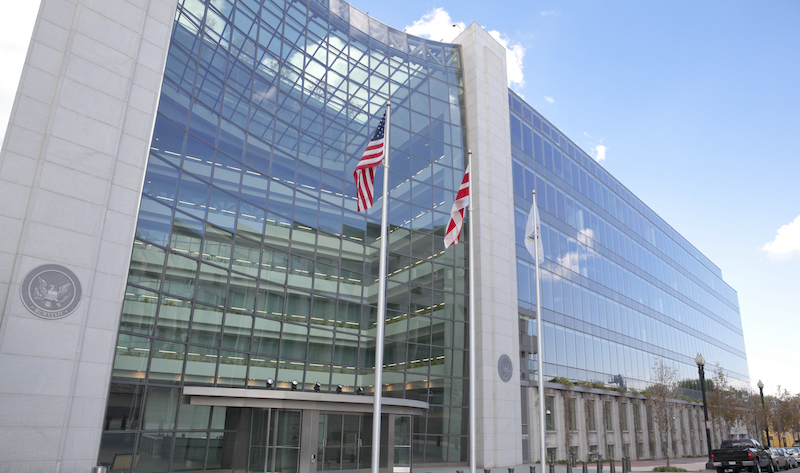
A U.S. Securities and Exchange Commission proposal to enhance the regulation of private fund advisers receives critical comments.
A recently proposed U.S. Securities and Exchange Commission (SEC) rule targeting private equity has received several comments critical of the proposal. The rule would place various requirements and prohibitions on private fund advisers, such as hedge funds and venture capital firms.
“Private fund advisers, through the funds they manage, touch so much of our economy,” said SEC Chair Gary Gensler. “I support this proposal because, if adopted, it would help investors in private funds on the one hand, and companies raising capital from these funds on the other,” he added.
The SEC notes that its proposed rule is focused on protecting private fund investors by increasing transparency, competition, and efficiency in a growing marketplace of more than 5,000 registered U.S. private fund advisers that manage nearly $18 trillion in gross assets. Some of the largest private fund investors include public pension plans and university endowments.
The proposal includes new requirements that span several aspects of the private fund industry.
To improve transparency, private fund advisers would be required to provide investors with quarterly statements detailing fund fees, expenses, compensation, and performance. The proposed rule would also require the funds to perform annual audits and report the results to the funds’ investors.
The SEC contends that these transparency-oriented reforms are designed to protect private fund investors by increasing visibility into certain practices. One critic of the SEC’s proposed rule, David Blass of Simpson Thacher’s asset management regulatory practice, instead argues that mandated disclosures and audits are “impactful and burdensome.”
The provisions in the SEC’s proposed rule that have drawn still heavier criticism are those aimed at limiting activities that the SEC claims are “contrary to the public interest.”
Under the proposal, all private fund advisers would be prohibited from engaging in certain sales practices, conflicts of interest, and compensation schemes. In addition, advisers could not offer preferential treatment to investors in the fund—typically granted through side letters—unless the practice was disclosed to both prospective and existing investors.
Blass called these restrictions overreaching and “by far the most controversial aspect of the proposal,” citing provisions of the proposed rule that would outlaw indemnification provisions—contractual terms that frequently prevent private fund advisers from liability for breaching fiduciary duties. Blass criticized the SEC for imposing itself in the middle of commercial negotiations between a private fund sponsor and “some of the most sophisticated and well-represented investors in the world.”
Blass is not alone in doubting the SEC’s need to protect private fund investors. SEC Commissioner Hester M. Peirce, who dissented from the package of new rules, has written that the proposal “represents a sea change…these well-heeled, well-represented investors are able to fend for themselves, and our resources are better spent on retail investor protection.” She has said that the agency “is publicly calling into question the rationale for dividing retail from accredited investors.”
Generally, private fund investments are off-limits to retail investors—individual, non-institutional investors who historically have served as a focus of SEC investor protection. Accredited investors, on the other hand, are generally exempt from strict SEC oversight.
To qualify as an accredited investor, an individual must have a net worth of more than $1 million—not including a primary home—or have had an annual income of more than $200,000 for the last two years. For married couples, the income requirement rises to $300,000. The SEC amended the definition of an accredited investor in 2020 to allow more investors to qualify based on professional knowledge, experience, or certifications.
Commissioner Peirce questioned the SEC’s need to look out for both retail and accredited investors. In remarks accompanying the proposal’s release, she said it was unnecessary for the SEC to shift its focus toward the “apparently pressing need of protecting millionaire investors from private fund advisers.”
A comment letter from Harvey Pitt, a former chair of the SEC, also questioned the need for new regulations focused on protecting sophisticated investors.
Chair Gensler offered a different perspective, highlighting the fact that private funds pool the money of institutional investors, such as state government pension plans or university endowments. Chair Gensler noted that the people behind those retirement plans and endowments are “teachers, firefighters, municipal workers, students, and professors.”
The extended public comment period for the proposal closed on June 13, 2022.
The SEC is expected to take final action on the rule in 2023. Several comments suggest, however, that judicial challenges are likely to follow if the proposal is adopted in its current form.
